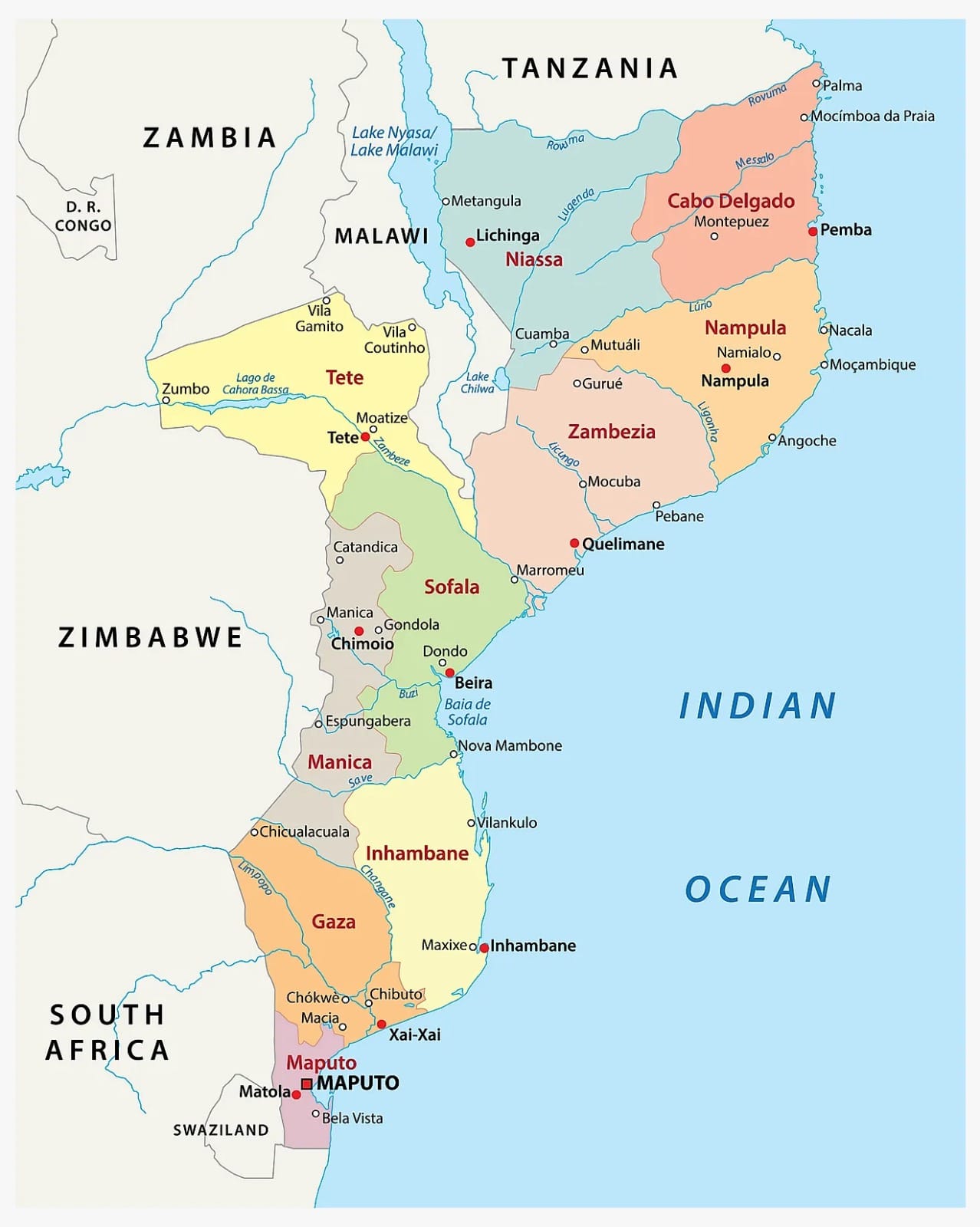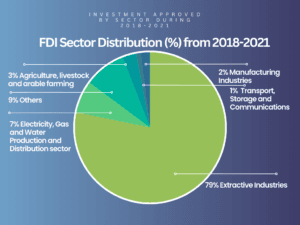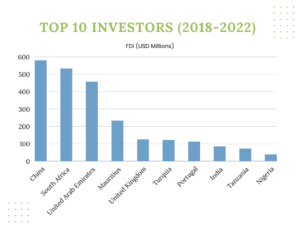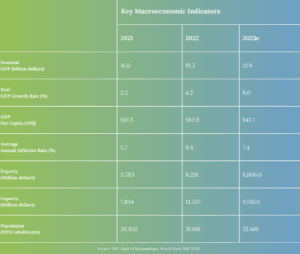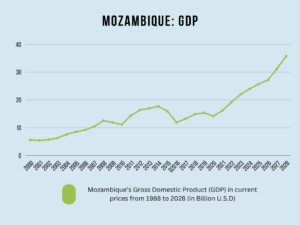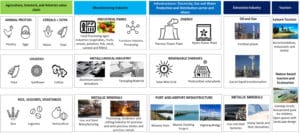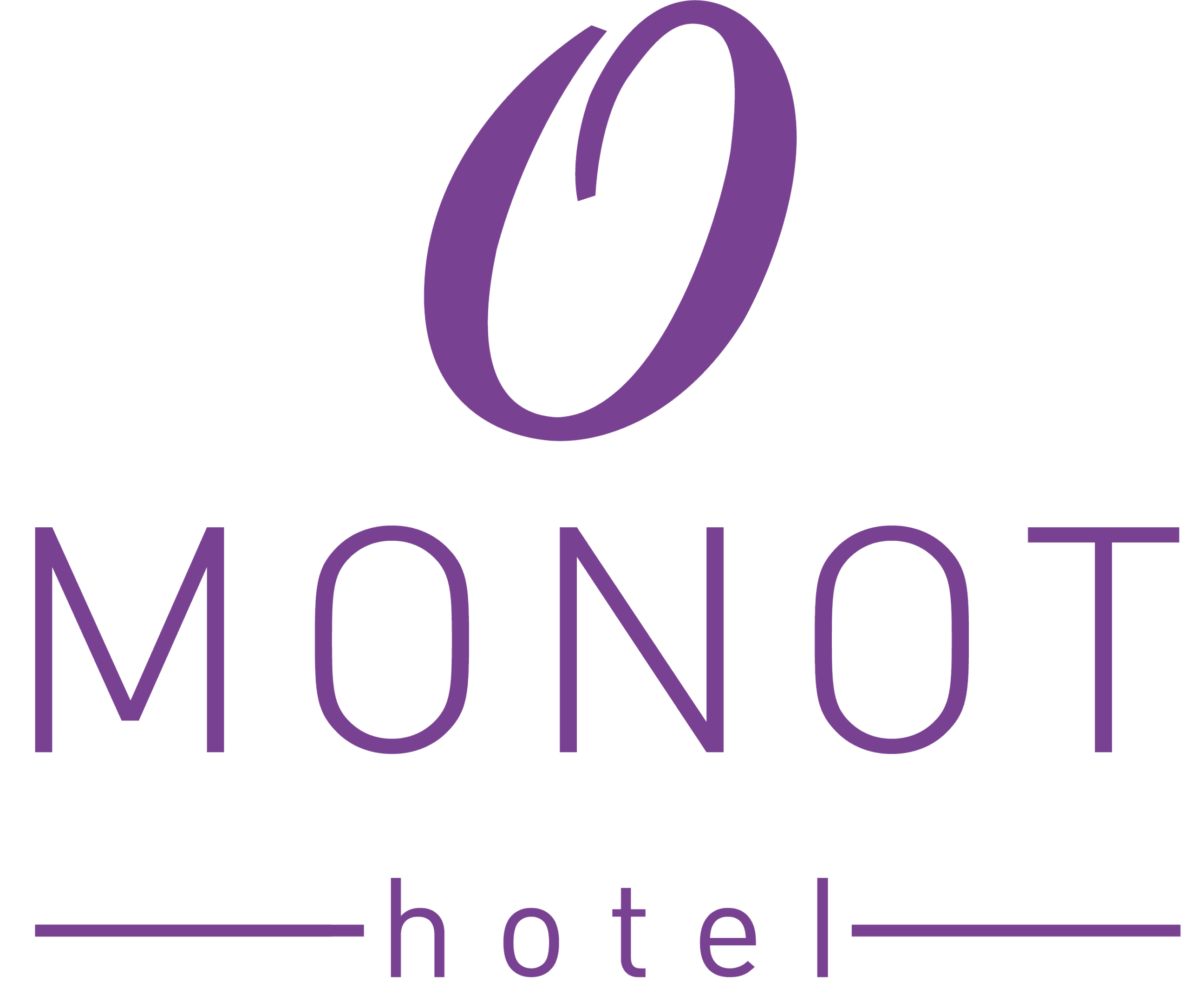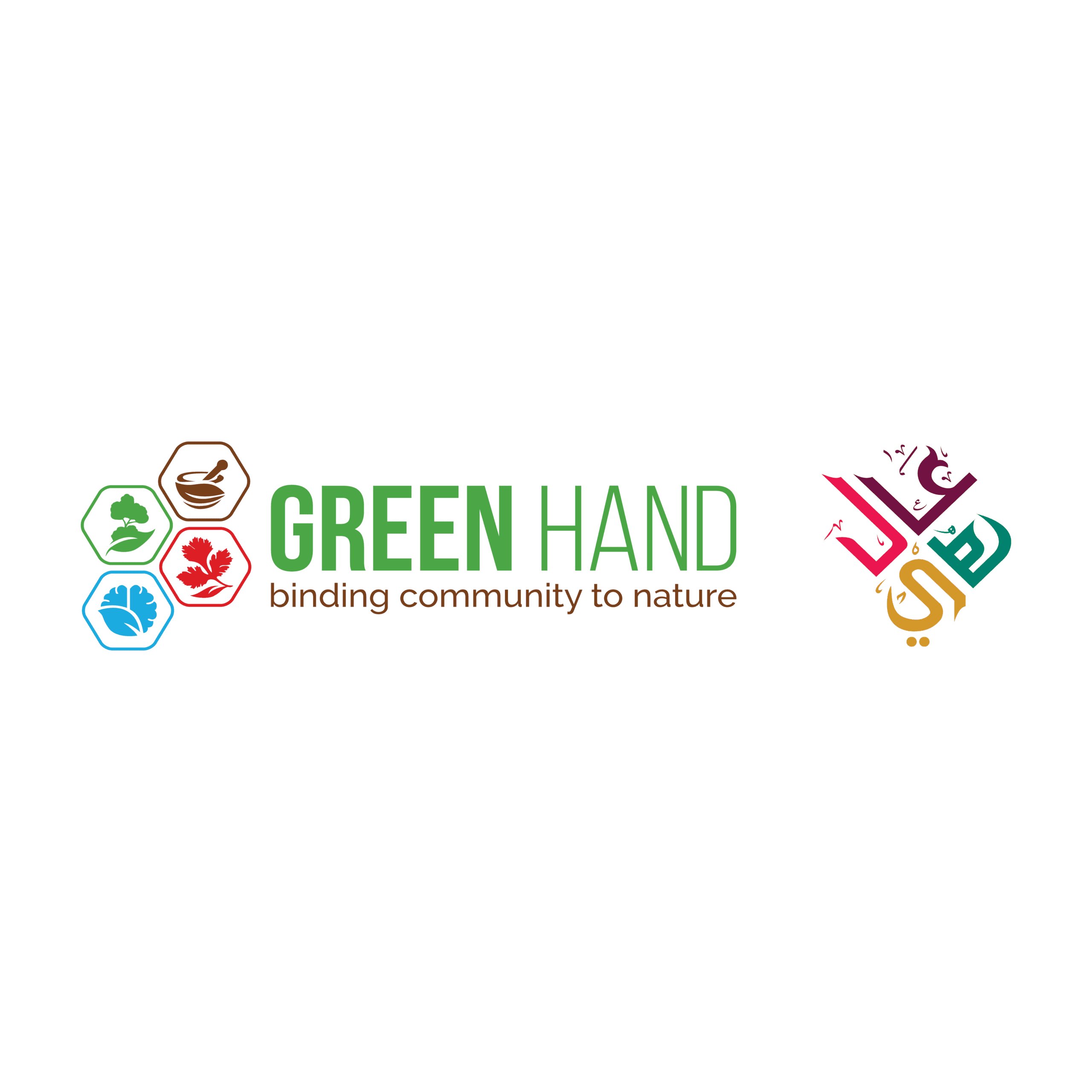WHY INVEST IN MOZAMBIQUE?
Mozambique has both comparative and competitive advantages, which are supplemented with good governance.
01
Strategic location (as a gateway to the Southern African Development Community, SADC): Providing infrastructure that gives access to land-locked SADC countries (ports, railways, pipelines and roads)
02
Rich and diverse natural resources: Vast land reserves, mineral resources, water, and a diverse cultural and historical heritage
03
Abundant labour force: availability of a competitive, educated and easily trainable labour force
04
Sustainable economic growth: Mozambique is expected to grow in average around 7% every year from 2022, as a result of the LNG Projects and will be one of the fastest growing economies in the Sub-Saharan Africa for years to come
05
Increased investment into infrastructure: infrastructure development is one of the country’s top priorities and public-private partnerships are encouraged
06
Access to preferential markets: Signatory to the Trade Protocol of SADC, AGOA (USA), EBAS and the Cotonou Agreement (EU), Africa Continental Free Trade Agreement AfCFTA which provides duty-free/preferential access to the relevant markets
07
Protection of investments: Investments are adequately regulated by relevant laws. Mozambique has Membership Agreements with of the ICSID, MIGA and ICC; and a signatory to bilateral investment promotion and protection agreements with many countries around the globe including South Africa, Germany, Algeria, Belgium, Botswana, China, Cuba, Denmark, Egypt, USA, USA (OPIC), Finland, France, Indonesia, Italy, Mauritius, the Netherlands, Portugal, Sweden, United Kingdom (UK), Vietnam, Zimbabwe, India, Spain, Switzerland, Japan, Brazil, Singapore and Turkey
08
Competitive incentives: Fiscal and non-fiscal incentives, agreements to prevent double taxation and fiscal evasion with Portugal, Mauritius, the United Arab Emirates (UAE), the Administrative Region of Macau, Italy, South Africa, Botswana, India, and Vietnam
09
Good living environment: Sincerity, hospitality, friendliness, delicious food, beautiful beaches.

